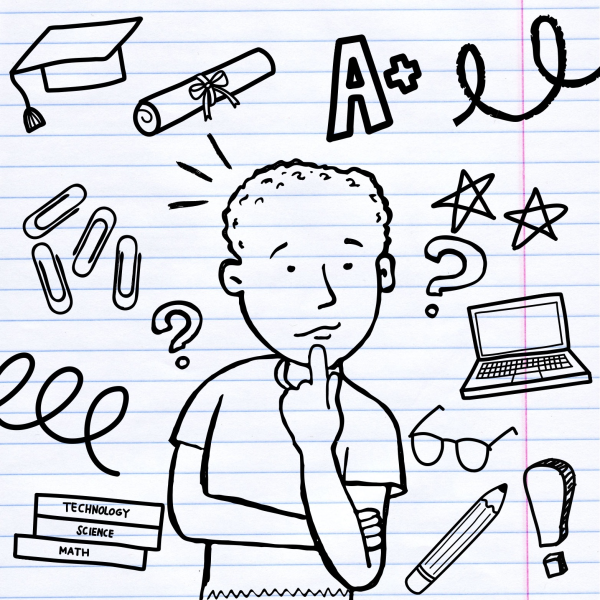Accessibility and Accommodations
Colgate University is known for its beautiful architecture, its location on a hill and its upstate New York scenery. One problem that comes with all of these qualities, however, is that they do not take into account handicap accessibility. The COOP is one of the few buildings that has a ramp accompanying the stairs. And even so, the COOP has limited accessibility from the inside. Being a handicapped individual on Colgate’s campus means extended routes to getting things as simple as packages from the mailroom. It also means restrictions on visiting friends’ rooms who live on the upper floors of a dorm such as East Hall. All entrances to the library—one of the most popular buildings on campus—are blocked by stairs or alarmingly steep slopes, both of which can be major hazards.
I’ve talked to a few of my peers about the topic and the main word that pops up in any conversation about Colgate’s handicap accessibility is “nonexistent.” This prevents a large portion of prospective students from even considering Colgate. Yes, it would mean a drastic change would need to occur on the campus, as it is on a hill, but it is a change that should be one of the main focuses of an inclusive institution.
The accommodations process is so tedious, especially for students with minor, yet nonetheless valid and significant, needs. Colgate has created a difficult process for room accommodations and uphill parking in order to prevent students who do not need the accommodations from falsely obtaining them. Of course, it is important that these procedures are regulated so they are not taken advantage of, but it also ends up inhibiting students who do need the accommodations.
For example, one of my friends had a back injury freshman year and needed to go to physical therapy twice a week located 30 minutes off-campus. To make the situation a little simpler, they requested to be allowed to have their car up the hill to make transportation simpler—because walking down the hill to the parking lot was a strain on their back. This request was denied, however, because of the campus security officers who could give rides up and down the hill.
As a result, this left my friend to deal with unknown and uncontrollable waiting times and turned campus security officers into a shuttling service—which takes away from the actual purpose of their roles on campus. In these types of situations, the barriers that prevent students from accessible accommodations are too harsh and create more stress in the process. It can even turn into a bargaining game over email, which makes already-stressful situations more taxing than necessary.
The two areas of discussion, physical accessibility on campus and accommodation needs for students, need major improvement. Adjusting to life on a college campus is strenuous enough, but having to go through such intense processes for everyday activities makes it even harder. We should promote ways to make the adjustment easier by manufacturing a campus that is far more inclusive of all its students’ needs.










